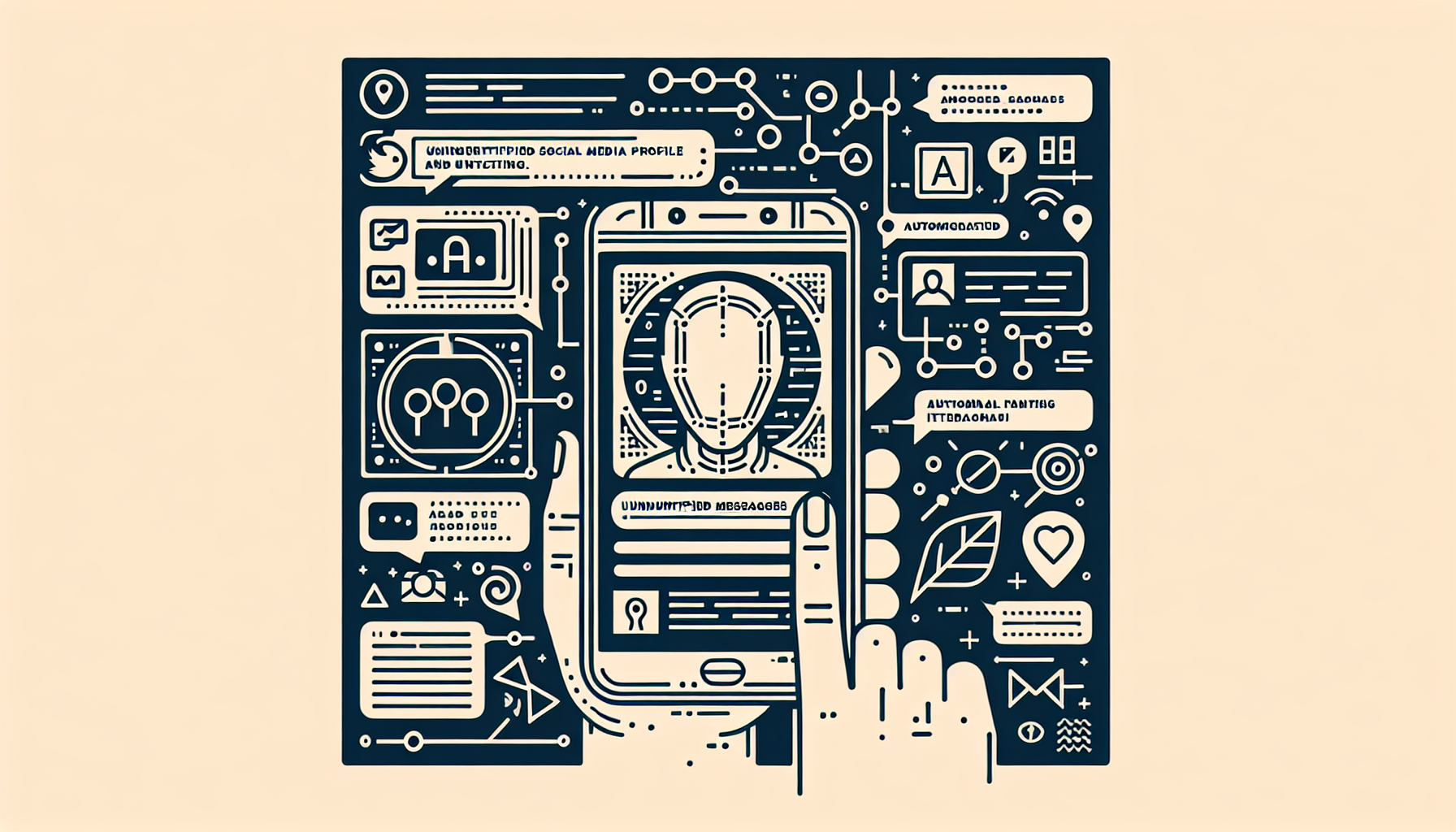OnlyFans has carved out a significant niche in the social media landscape, becoming synonymous with personalized content and direct interactions between creators and their fans. Recently, a trend has emerged among models on the platform that pushes this interaction to a new level—the adoption of AI impersonators. These intelligent tools are increasingly utilized to manage communication with fans effectively, allowing models to maintain their presence despite the overwhelming volume of messages they receive. This post explores the ethical considerations surrounding AI impersonators and reflects on community sentiment towards their use.
Defining AI Impersonators
AI impersonators are sophisticated algorithms and machine learning tools skillfully designed to emulate human-like interactions in digital spaces. Specifically within the context of OnlyFans, these tools assist models in automating responses to direct messages, streamlining communication in a manner that feels natural to fans. These algorithms analyze previous conversations, enabling responses that appropriately mimic the model’s unique style and tone. Adobe’s report indicates that the integration of AI technology has surged in popularity among models, driven largely by the pressures of maintaining constant engagement with followers. As one model noted, “With hundreds of direct messages flooding in, the pressure to respond can be overwhelming, and AI is seen as a solution.” This ability to automate communication can significantly alleviate stress for creators, allowing them to uphold their brand’s image while efficiently managing an overflowing inbox.
Examining Ethical Concerns
While AI impersonators offer a promising solution to the communication challenges faced by OnlyFans models, their implementation raises critical ethical concerns regarding authenticity and user trust. Personal branding holds an essential place in the success of these creators, as their livelihood depends on genuine connections with their audiences. The use of AI to craft messages runs the risk of alienating fans who anticipate a personal touch that artificial replies cannot replicate. As one follower pointedly stated, “I follow these models for a genuine experience, not automated replies.” A recent survey highlighted that trust and transparency are fundamental in maintaining the creator-fan relationship. Users might feel deceived upon discovering they’ve been communicating with an AI instead of the person they initially followed. This potential erosion of trust underscores the need for creators to navigate AI use while ensuring fans are aware of who—or what—they are actually engaging with.
Legal ramifications intertwine with these ethical concerns, particularly regarding copyright and likeness issues. When models employ AI to represent themselves online, it raises questions of ownership concerning the content generated. Collaborating responsibly with AI developers ensures creators comply with legal standards while protecting their identities from misuse.
Community Perspectives
The sentiment expressed by followers regarding the use of AI impersonators remains decidedly mixed. Some users appreciate the swift replies and efficiency that these technologies deliver, while others voice concerns about their authenticity. Many fans feel that interaction with a bot detracts from the personal closeness they seek in their relationships with models. A BBC article supports this notion, suggesting that fans want authenticity; if they discover they’ve been talking to a bot, trust could erode. Through interviews and social commentary, we observe a divide in audience reactions. Some fans commend the quicker interactions and decreased wait time for replies, yet others maintain a position rooted in the longing for genuine connection. Voices from the community reflect a complex landscape as models share their own experiences with AI technology and the implications it has for their interactions with fans.
The Path Forward
The future of AI within content creation and social interactions offers exciting possibilities but compels a careful balancing of ethical considerations. While AI impersonators can relieve pressures on models and enhance efficiency, there’s also a risk of jeopardizing the very personal connections that draw fans to their favorite creators. The ongoing discourse surrounding AI must prioritize authenticity, transparency, and trust in user relationships. As the OnlyFans community and others navigate the evolving landscape of technology, the dialogue around these tools will be critical in shaping how fans and creators engage with one another.







Leave a Reply